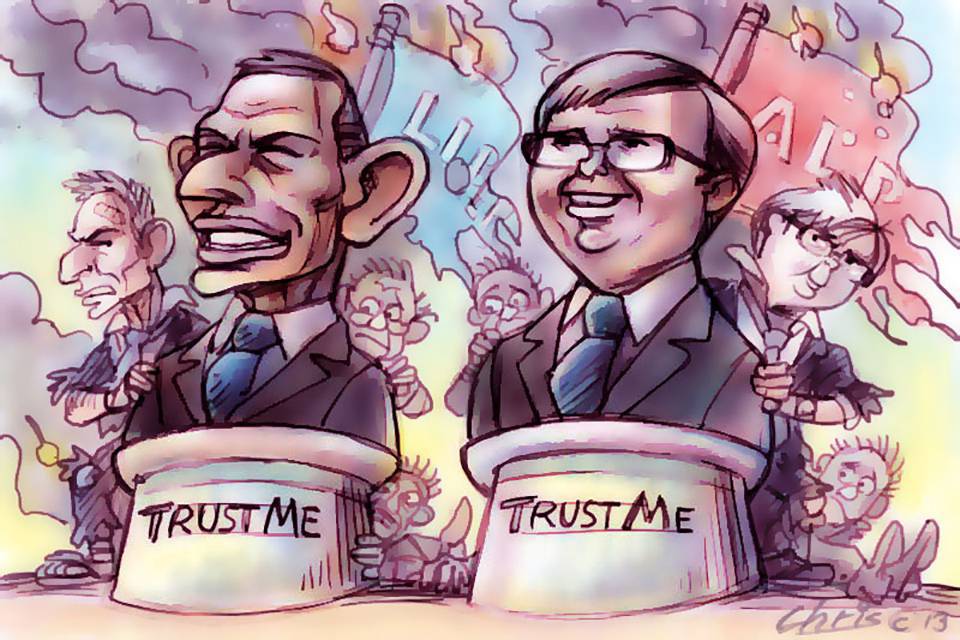Namibia's Crucial Election: A Test for SWAPO's Legacy
Namibians will vote in a significant election with potential power shifts as SWAPO faces its toughest challenge yet. Netumbo Nandi-Ndaitwah could become the country's first female president. Issues of unemployment, inequality, and corruption influence voters, with young people playing a crucial role.

Namibians are set to cast their votes in what is anticipated to be the most pivotal election since the nation's independence. The ruling SWAPO party, which has governed for 34 years, finds itself in a challenging position with Netumbo Nandi-Ndaitwah aiming to become Namibia's first female president.
High unemployment, corruption allegations, and rising inequality have weakened SWAPO's popularity from 87% in 2014 to 56% in the 2019 elections, making this contest a critical one. The leading opposition candidate, Panduleni Itula, a former dentist, represents a significant threat with his new party, the Independent Patriots for Change.
Young voters, making up over half the electorate, hold the key to this election. Political analysts highlight their frustration with unemployment and poverty as potential factors that could drive them to support change. The outcome of this election could mirror shifts seen in South Africa and Botswana, where long-standing ruling parties faced significant losses.
(With inputs from agencies.)
ALSO READ
Addressing Poverty and Inequality in El Salvador: Strategies for Sustainable Growth
Supreme Court to Weigh Religious Exemptions in Unemployment Tax Case
Akhilesh Yadav Warns Against Citizenship Inequality
Congress Blasts Wealth Inequality Under NDA Rule
Tax the Wealthy: Piketty's Call for India to Address Inequality










